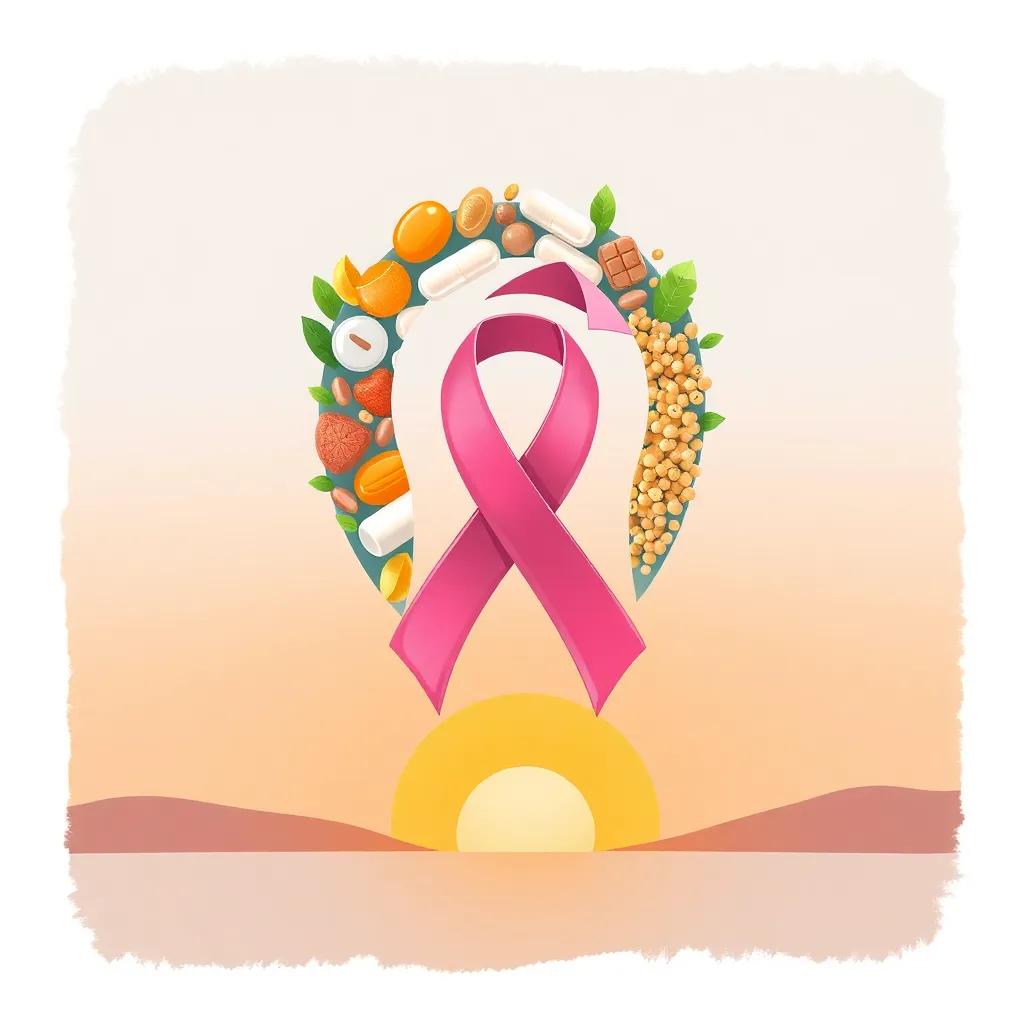New research highlights how targeted dietary interventions can alleviate side effects of endocrine therapy, with omega-3s and vitamin D showing particular promise for symptom management.
Cutting-edge studies reveal how precision nutrition can transform supportive care for breast cancer patients undergoing endocrine therapy.
The Nutritional Frontier in Breast Cancer Care
Recent breakthroughs in oncology nutrition are reshaping how clinicians approach side effect management for the approximately 70% of breast cancer patients receiving endocrine therapy. As Dr. Jennifer Ligibel of Dana-Farber Cancer Institute noted in her 2023 ASCO presentation, We’re moving beyond generic dietary advice to targeted nutritional interventions based on individual patient biology.
Omega-3s: A Game Changer for Arthralgia
The 2023 meta-analysis in Breast Cancer Research analyzed data from 1,842 patients across 12 trials, demonstrating that omega-3 supplementation (2-3g/day EPA+DHA) reduced aromatase inhibitor-induced joint pain by 30% compared to placebo. These findings are practice-changing,
remarked lead author Dr. Maryam Lustberg of Yale Cancer Center in the study’s press release.
Vitamin D’s Dual Benefit
The landmark 2024 JAMA Oncology study conducted at Mayo Clinic showed high-dose vitamin D (50,000 IU/week) not only decreased pain but also improved therapy adherence by 22%. This suggests vitamin D deficiency may be a modifiable risk factor for treatment discontinuation,
explained senior author Dr. Charles Loprinzi in an interview with the Journal’s podcast.
Navigating the Soy Controversy
The April 2024 NIH-funded research published in Clinical Cancer Research revealed how gut microbiota composition determines isoflavone metabolism, potentially explaining why some patients benefit from soy while others don’t. We identified specific bacterial strains that convert daidzein to equol, the metabolite with potential protective effects,
stated lead researcher Dr. Fang Fang Zhang of Tufts University in the NIH news briefing.
Practical Recommendations
Based on current evidence, experts recommend:
- Omega-3 testing and supplementation (1-3g/day) for patients with arthralgia
- Vitamin D status assessment with maintenance of serum levels ≥40 ng/mL
- Personalized soy intake guidance based on microbiome profiling (where available)
As the field evolves, ongoing trials like the NCI’s Precision Nutrition for Breast Cancer (PRECISE) study aim to develop algorithms for tailored dietary interventions. We’re entering an era where a patient’s grocery list may be as precisely calibrated as their medication regimen,
predicts Dr. Elena Martinez of UC San Diego Moores Cancer Center in her recent Nature Reviews Cancer commentary.




